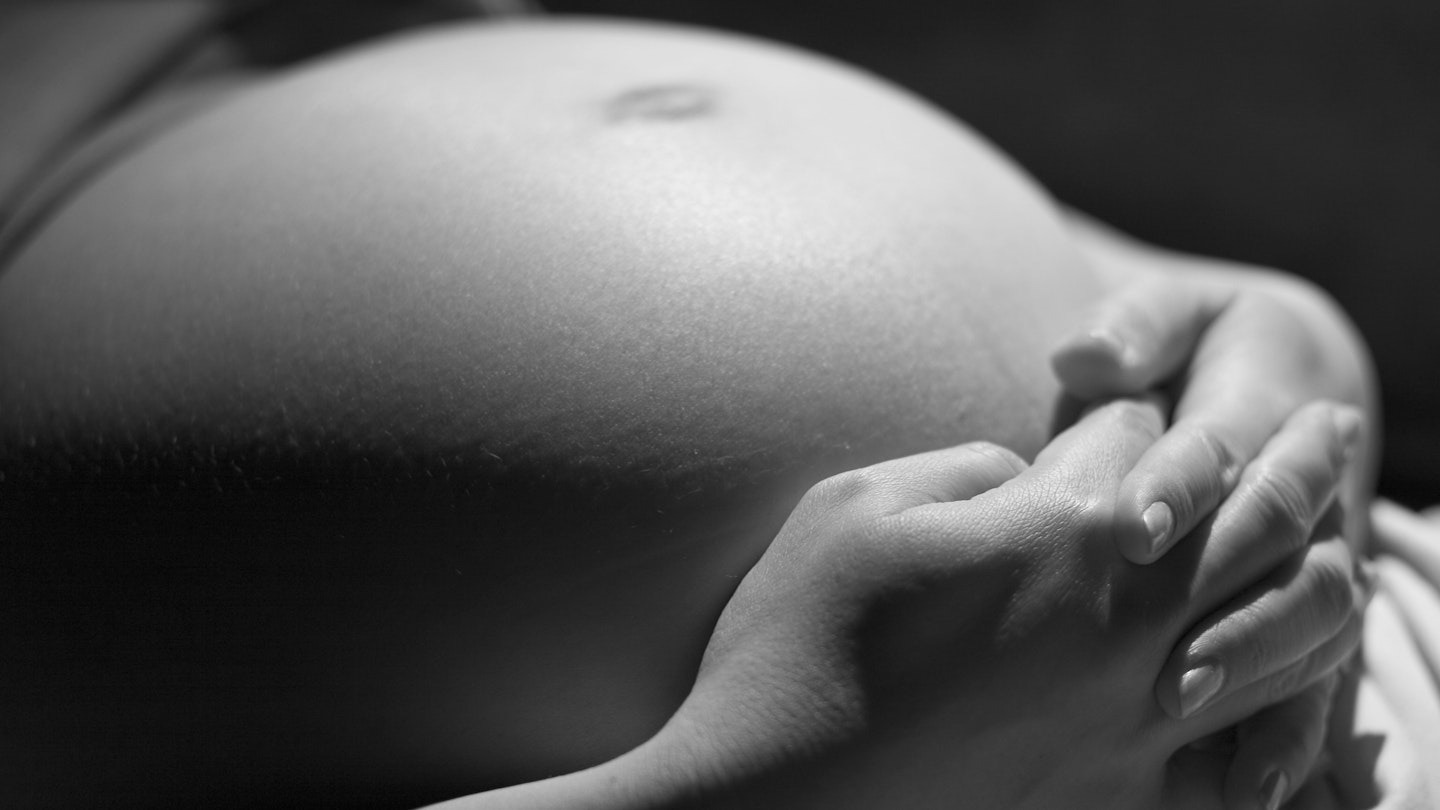Before you stop taking the pill the Baby Center editorial team advise women to finish their current packet to avoid any mid-cycle bleeding.
Once you've stopped taking the pill your periods may be irregular and you should give yourself around three months until your periods go back to a natural menstrual cycle. However, most women will have a period around two to four weeks after they stop taking the pill.
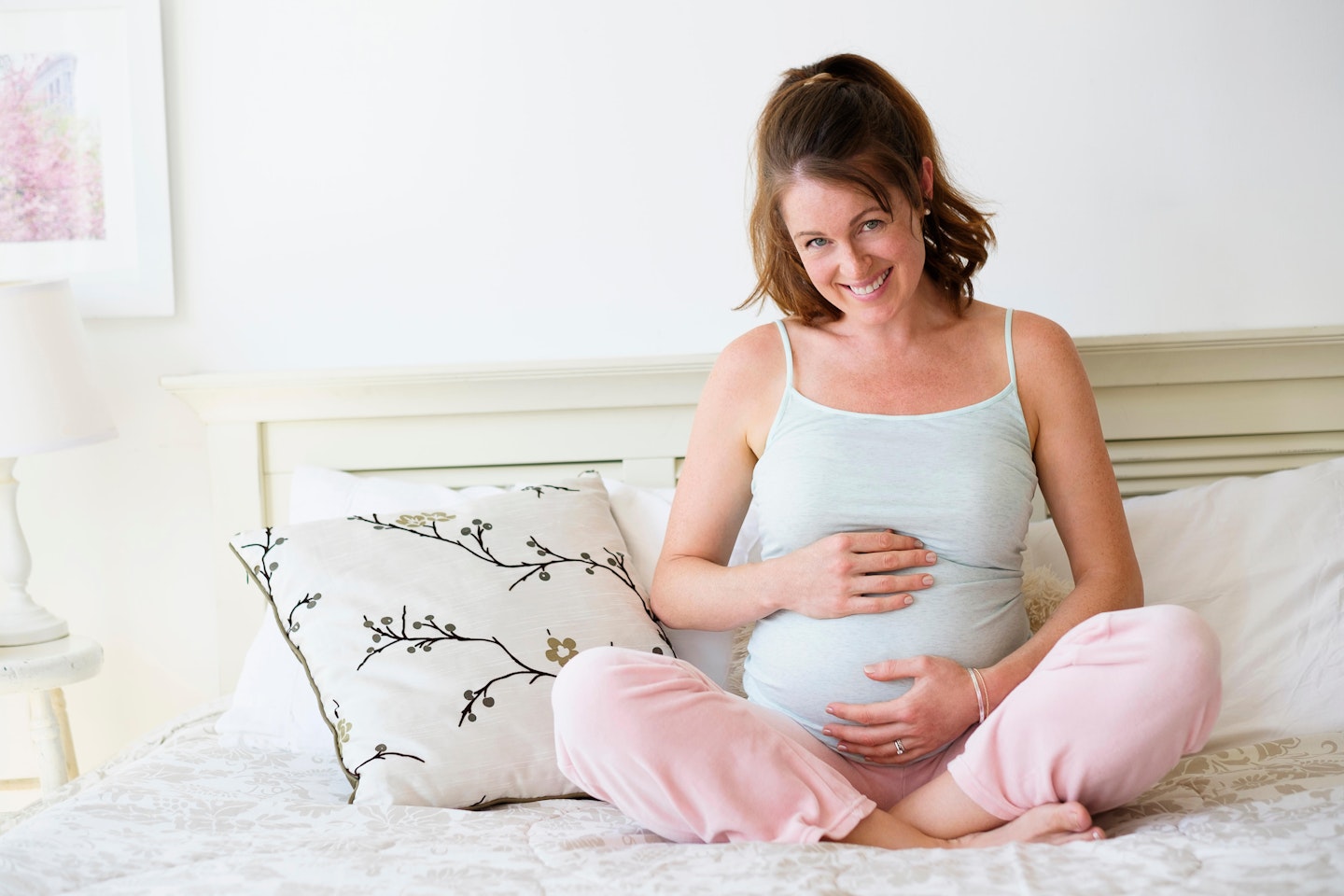
The first period you have after coming off the pill is called a "withdrawal bleed". After the withdrawal bleed, you will begin your natural period again.
The NHS recommend having a natural period before you try to get pregnant, by doing so it will help your GP or midwife accurately predict your due date.
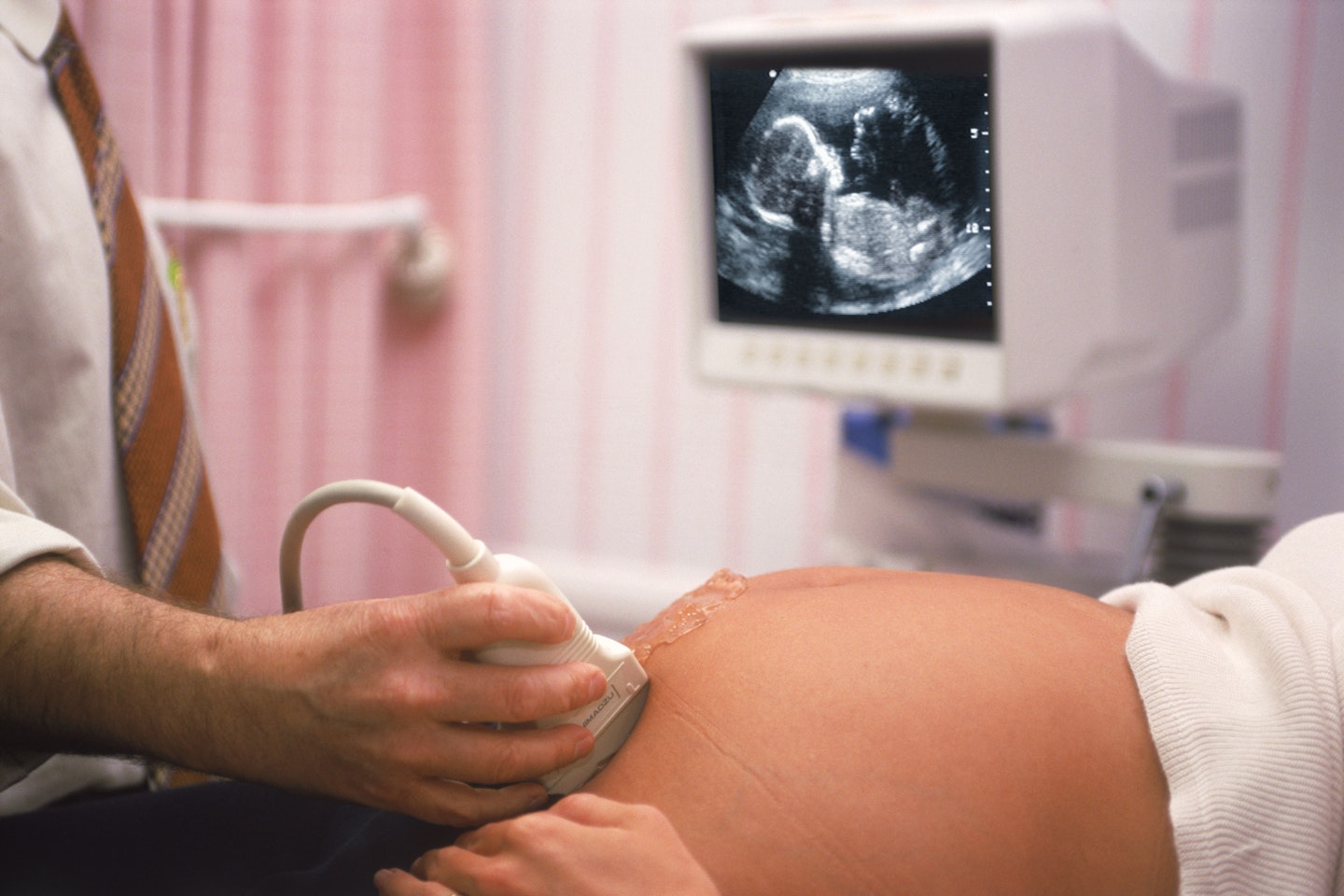
A medical writer and editor – Anna McGrail – also recommends waiting until you've had at least one natural period. Although an ultrasound dating scan would be able estimate when your baby is due.
And there's no risk for you or your baby if you conceive straight away.
Anna also advised that you should: "Take some time before you start trying, to ensure that your body is in the best health for pregnancy."
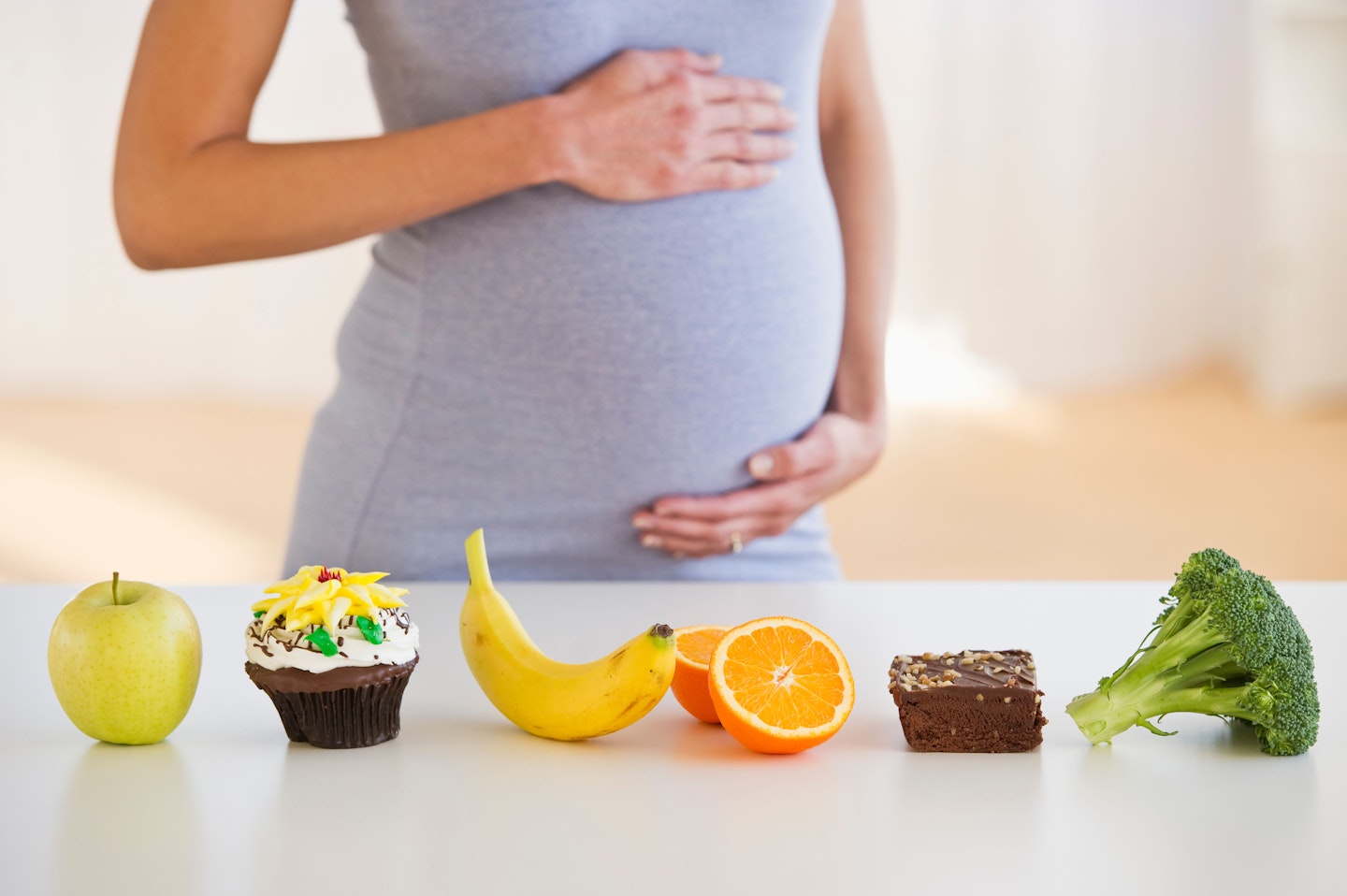
Tips while you're planning your pregnancy
The NHS has recommended a few things to help when you're planning for pregnancy:
Folic acid
Taking 400 micrograms of folic acid every day until you are 12 weeks pregnant. This reduces your baby's risk of having a neural tube defect
Smoking while pregnant
Although quitting is hard, there's lots of help available. Some problems you and your baby will face if you smoke while pregnant are:
-
Miscarriage
-
Premature birth
-
Low birth weight
-
Sudden infant death syndrome (SIDS) – it's also known as cot death
-
Breathing/wheezing problems during their first six months of life
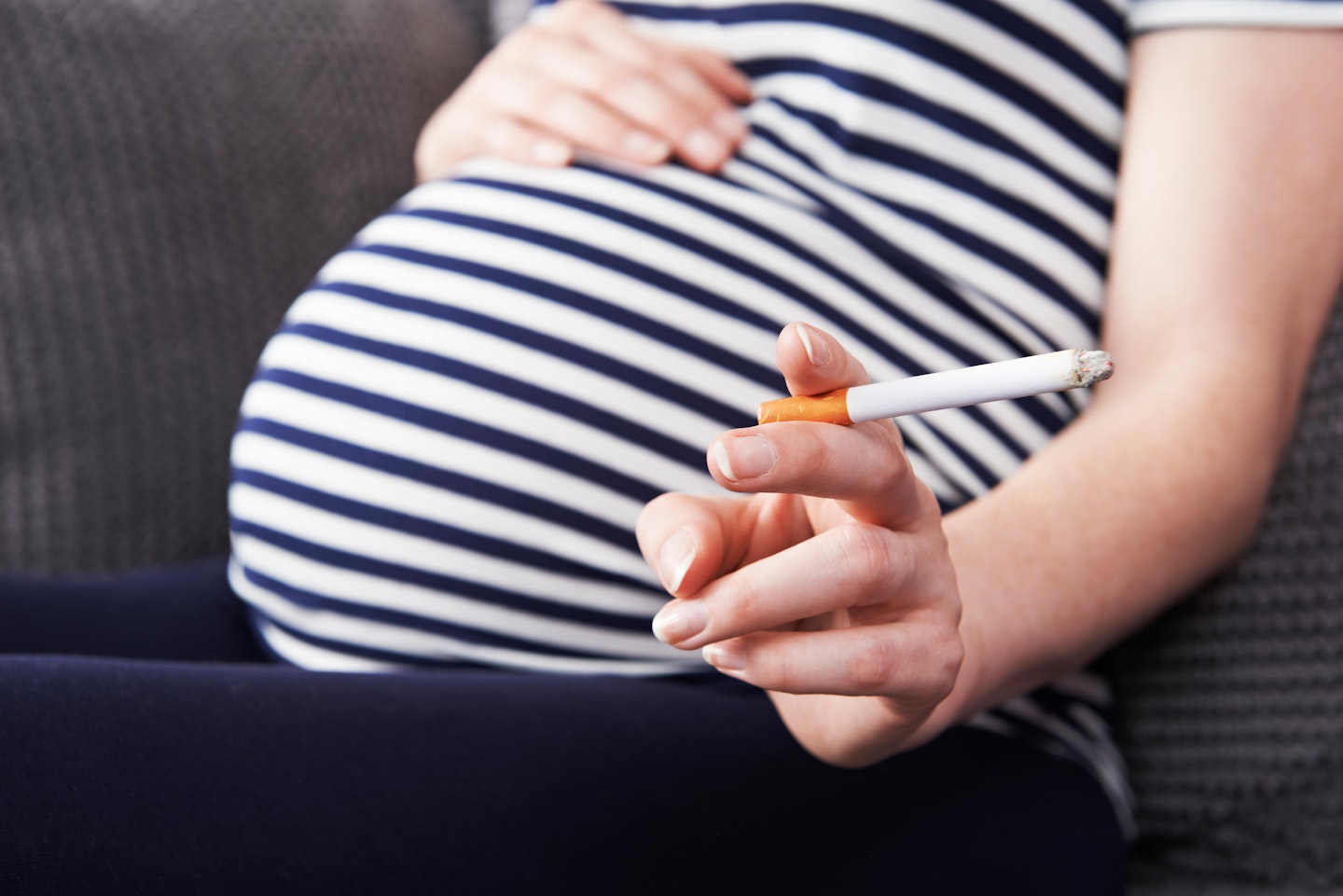
Drinking alcohol while pregnant
Don't drink alcohol while pregnant because it can be passed onto your unborn baby. Some of the risks include:
-
Miscarriage
-
Premature birth
-
Low birthweight
-
Learning difficulties
-
Behavioural problems
Drinking throughout pregnancy can lead to your child developing foetal alcohol syndrome – FAS. Children with this condition have:
-
Poor growth
-
Facial abnormalities
-
Learning and behavioural problems
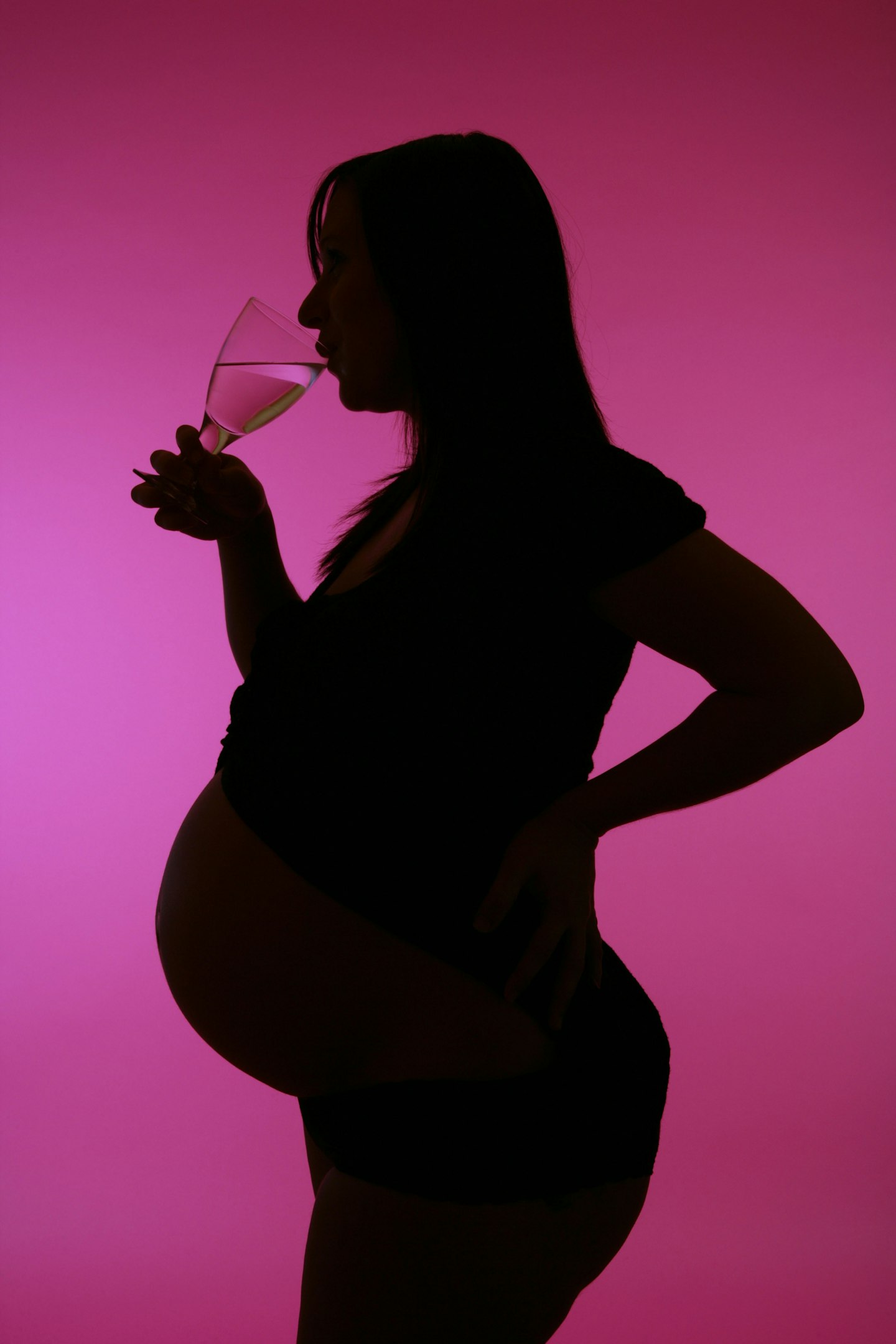
Being a healthy weight while pregnant
Getting pregnant and approval for fertility treatments may be difficult if you're overweight. There's also risks of:
-
High blood pressure
-
Blood clots
-
Miscarriage
-
Gestational diabetes
Vaccinations and infections while pregnant
Make sure that you're up to date with all your vaccinations. Especially Rubella as it can cause harm to your baby. If you're not sure if you've had two doses of the measles, mumps and rubella (MMR) vaccination, check with your GP.
Read more advice on planning your pregnancy on the NHS.
READ MORE:
REVEALED: This is apparently the ‘perfect’ age to get pregnant
REVEALED: Top 20 names of women most likely to get pregnant in 2017
